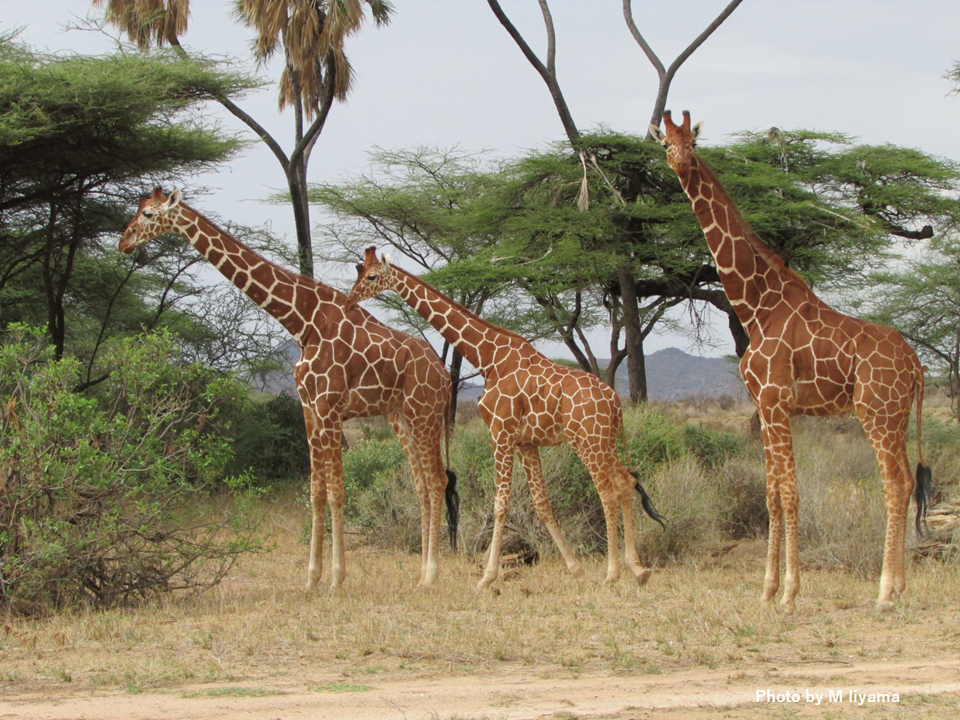Pick Up
781. International Day for Biological Diversity

781. International Day for Biological Diversity
Our lives depend on a healthy ecosystem for water, food, medicine, clothing, fuel, shelter, and energy. However, human economic activities have destroyed biodiversity. Today, three-quarters of terrestrial ecosystems and 66% of the marine environment have been altered by human activities. As a result, it is estimated that up to one million species of plants and animals are at risk of extinction. Biodiversity must be respected, protected and restored.
May 22 is International Day for Biological Diversity, a day established by the United Nations to raise public awareness of biodiversity loss and related issues.
Last December, the 15th Conference of the Parties (COP15) to the Convention on Biological Diversity (CBD) adopted the "Kunming-Montreal Global Biodiversity Framework", which includes four goals and 23 targets to be achieved by 2030.
Therefore, the theme of this year's International Day is "From Agreement to Action: Build Back Biodiversity". The following internationally agreed actions are to be implemented by 2030.
- Conserve at least 30% of the world's lands, inland waters, coastal areas and oceans, focusing on areas of particular importance for biodiversity and ecosystem functions and services
- Halve global food waste
- Halve the overuse and risks of pesticides and other chemicals used with caution
- Gradually reduce or revise subsidies that damage biodiversity by 2030 while strengthening mechanisms that contribute to the conservation and sustainable use of biodiversity
- Raise at least US$200 billion annually in public and private finance for national and international biodiversity by 2030
- Increase international financial flows from developed countries to developing countries, especially the poorest countries, island states, and countries with economies in transition, to at least US$20 billion per year by 2025 and about US$30 billion per year by 2030
- Require large multinational corporations and financial institutions to monitor, assess, and disclose the risks, dependencies, and impacts of their supply and value chain activities on biodiversity
Biodiversity loss threatens our survival. While loss of biodiversity can lead to the spread of zoonotic diseases, protecting biodiversity will help us prepare for future pandemics.
Contributor: IIYAMA Miyuki (Information Program)
